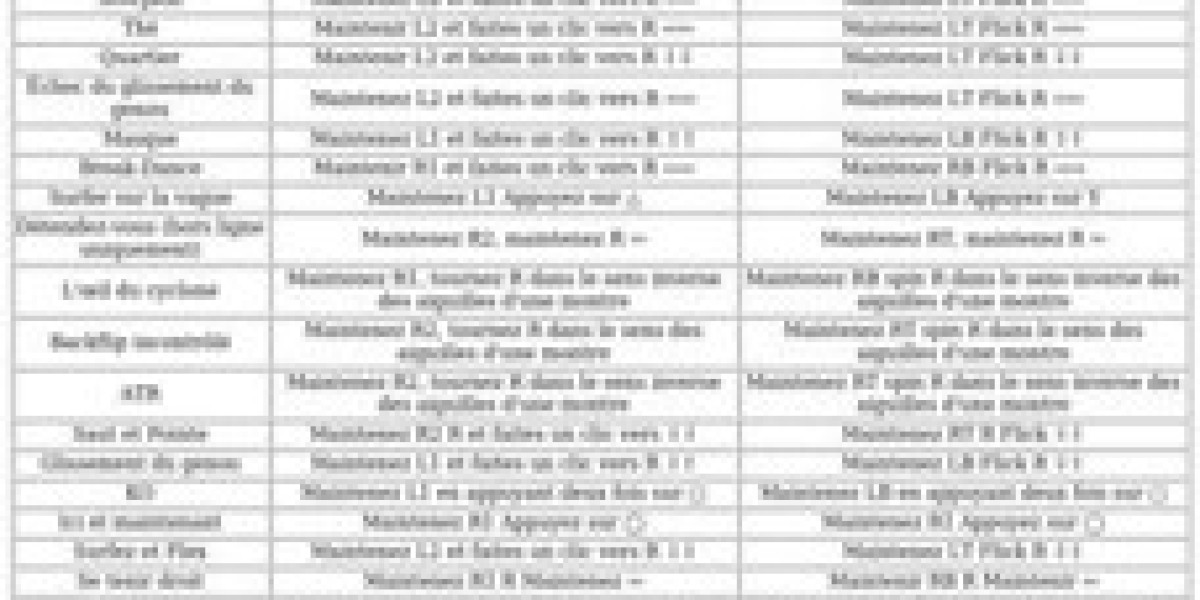Understanding Mental Health Assessment: A Comprehensive Guide
Mental health is a vital component of general well-being, yet it frequently gets less attention than physical health. Mental health assessments serve as a vital tool for understanding an individual's mental state, recognizing possible concerns, and determining appropriate interventions. This article offers an encompassing introduction of mental health assessments, their importance, approaches, and the function they play in the larger context of mental healthcare.

What is Mental Health Assessment?
A mental health assessment is a structured process developed to evaluate an individual's psychological wellness. It includes gathering comprehensive information about an individual's thoughts, feelings, behaviors, and functioning to establish a diagnosis and establish a treatment plan. These assessments are carried out by experienced professionals, consisting of psychologists, psychiatrists, and accredited counselors.
Purpose of Mental Health Assessments
The primary purposes of mental health assessments consist of:
- Diagnosis: Identifying psychological disorders (e.g., depression, anxiety, bipolar affective disorder).
- Treatment preparation: Developing an individualized treatment plan that attends to specific issues.
- Monitoring: Tracking development in healing treatment and making required adjustments.
- Understanding: Gaining insights into the person's life circumstances, stressors, and individual history.
- Threat assessment: Evaluating the prospective danger of self-harm or damage to others.
Types of Mental Health Assessments
Mental health assessments can be classified into a number of types:
- Structured Clinical Interviews: These include standardized questions and a specified process to make sure consistency throughout assessments.
- Psychological Testing: This consists of standardized tests (e.g., personality tests, cognitive assessments) to determine numerous psychological constructs.
- Behavioral Assessments: Observing habits in natural settings to collect information about how people communicate with their environments.
- Self-Report Questionnaires: Surveys finished by individuals to self-evaluate their mental health status (e.g., Beck Depression Inventory).
- Security Information: Gathering insights from family members, pals, or other specialists who know the person.
Table 1: Common Types of Mental Health Assessments
| Type of Assessment | Description | Example(s) |
|---|---|---|
| Structured Clinical Interviews | Standardized questions for diagnosis | SCID (Structured Clinical Interview for DSM) |
| Psychological Testing | Formal tests measuring psychological constructs | MMPI (Minnesota Multiphasic Personality Inventory) |
| Behavioral Assessments | Observations of behavior in numerous settings | Functional Behavioral Assessment |
| Self-Report Questionnaires | Studies finished by people | GAD-7 (Generalized Anxiety Disorder Scale) |
| Collateral Information | Insights from individuals near the private | Household interviews, therapist reports |
The Assessment Process
The mental health assessment process typically follows a number of actions:
Initial Contact: The individual looking for assistance makes contact with a mental health professional. This might include scheduling a visit and providing fundamental information.
Pre-Assessment: Some experts may collect initial information through consumption forms or questionnaires prior to the assessment session.
Assessment Session: During the session, the clinician conducts the proper assessments based on the initial contact, going over the individual's mental health history, existing symptoms, and any important life circumstances.
Diagnosis: After examining the gathered details, the clinician might detect a mental health disorder following the criteria established in the DSM-5 (Diagnostic and Statistical Manual of Mental Disorders).
Feedback and Treatment Plan: The clinician supplies feedback concerning the assessment results and goes over prospective treatment choices customized to the individual's special needs.
Importance of Mental Health Assessments
Mental health assessments are vital for numerous reasons:
- Early Intervention: Identifying mental health concerns early increases the opportunities of successful treatment outcomes.
- Personalized Care: Assessments assist in customizing treatment plans according to the individual's unique attributes and experiences.
- Raising Awareness: They inform people about mental health, motivating proactive engagement in their psychological well-being.
Obstacles in Mental Health Assessment
In spite of their benefits, mental health assessments deal with challenges, consisting of:
- Stigma: Individuals might be unwilling to seek assessments due to social preconception around mental health.
- Availability: Access to certified mental health assessment blog [https://www.shaylamullins.top] health professionals can be restricted based on geographical and financial aspects.
- Subjectivity: Self-reporting can in some cases lead to predispositions or errors, impacting diagnosis and treatment.
Often Asked Questions (FAQs)
What qualifications do professionals require to carry out mental health assessments?
Trained mental health experts such as psychologists, psychiatrists, and certified clinical social workers generally carry out these assessments. They frequently hold sophisticated degrees and specific accreditations in their fields.
For how long does a mental health assessment take?
The period can differ based on the complexity of the case however typically lasts from one to 2 hours. Subsequent examinations might take place over several sessions, specifically if comprehensive screening is needed.
Are mental health assessments personal?
Yes, mental health assessments are normally private. Experts are legally and fairly bound to safeguard the privacy of their clients.
How can I prepare for a mental health assessment?
Getting ready for an assessment might include:
- Reflecting on experiences associated with your mental health.
- Being open and honest about symptoms and history.
- Bringing any appropriate medical records or medications.
What happens after the assessment?
After the assessment, the clinician will discuss the findings and possible diagnoses, as well as suggest treatment alternatives. Additional recommendations might likewise be provided if specialized care is needed.
Mental health assessments are important to the process of comprehending psychological well-being and addressing mental health disorders. By supplying vital insights into a person's mindset, these assessments facilitate early intervention, personalized care, and ongoing support. Regardless of existing challenges, continuing efforts to raise awareness and enhance access to mental health services remain critical in making sure that everyone gets the aid they need.
As society acknowledges the significance of mental health, mental health assessments will unquestionably play an important role in shaping reliable treatment techniques for those in need.







